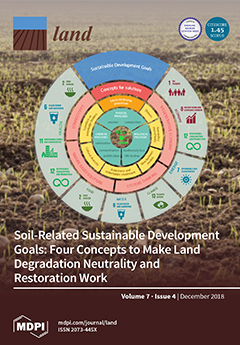Uruguay round agreement : a preliminary assessment (agriculture)
This note is divided into three sections. The first section describes the Final Act analyzing the details of the agreement on market access, domestic support, export subsidies, the special and differential treatment of the developing countries including the Decision referred to in (iii) above; and a brief look at other sectors.





